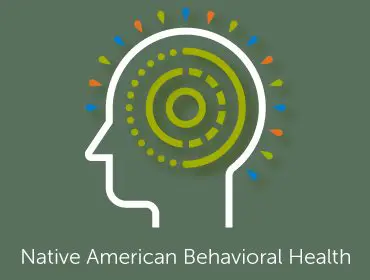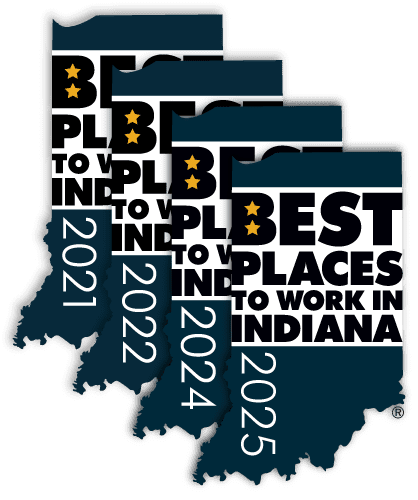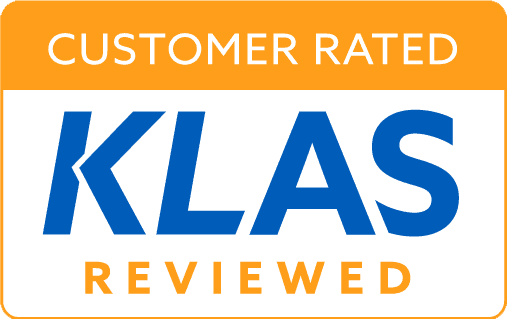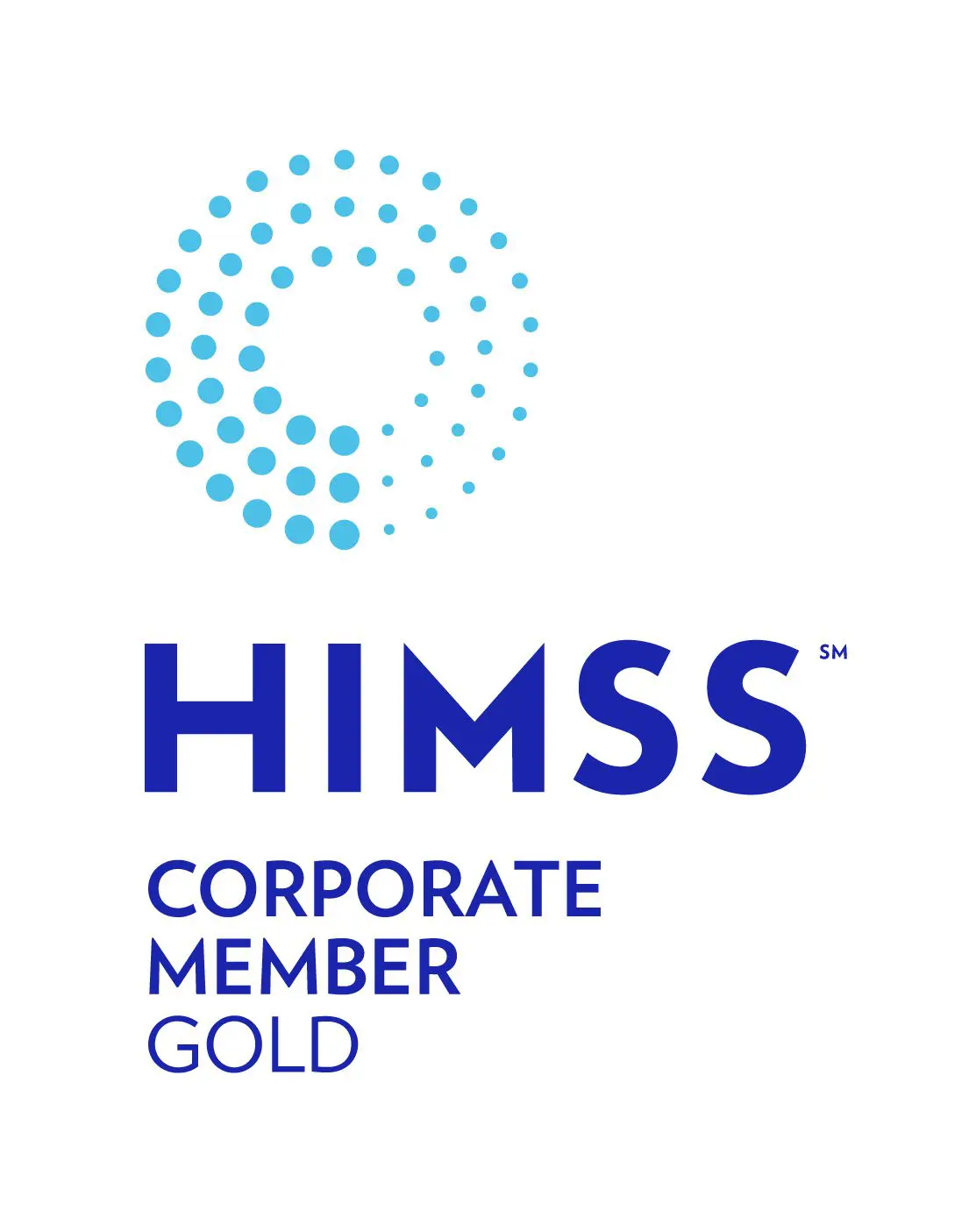
There is new hope for improved behavioral health equity for the nearly three million American Indians and Alaska Natives spread over 37 states in 574 federally recognized tribes. This hope can’t come fast enough as behavioral health options are desperately needed to address the staggering behavioral and general health issues affecting this population, including:
- The highest rates of suicide of any minority group in the United States.
- The highest prevalence of methamphetamine use and a high rate of drug overdose death.
- A disproportionate higher rate of post-traumatic stress disorder (PTSD), violence and substance use disorders.
- A 5.5-year lower life expectancy than all races in the United States and a disproportionate number of chronic illness cases including liver disease, cirrhosis, diabetes and chronic lower respiratory diseases.
Healthcare experts, policymakers and tribal leaders are studying all the factors that impact wellness, including behavioral health services.
The Indian Health Service (IHS) is focused on improving awareness and access to behavioral health information and treatment. Numerous integrated health and wellness services are available. This is vital for overall improved health outcomes as behavioral health issues are directly linked to chronic diseases.
Rethinking behavioral health service models to improve health outcomes.
Historically, de-centralized care models have been the norm with 50 percent of mental health programs and over 90 percent of alcohol and substance abuse programs operated by the tribes. Now, there is a shift toward cooperative agreements and treatment programs which is part of a large-scale overhaul to improve integrated solutions within the local continuums of services. The Division of Behavioral Health is coordinating national efforts to share knowledge and build capacity. New or expanded programs are focused on mental health, alcohol and substance abuse, and behavioral health. A telehealth center of excellence (TBHCE) is available to further assist in reaching more people.
The promise of the first new electronic health record (EHR) in 40 years.
The need for improved behavioral health programs is coupled with the need to have better documentation and care coordination capabilities.
There is good news here.
The recent announcement that the 40-year-old Resource and Patient Management System (RPMS) will be replaced by a modern Oracle Cerner solution is a major step forward to support healthcare for this population. The updated EHR is expected to positively impact every part of care delivery with the ability to enable patients and providers to have updated and accurate information to make the best health care decisions.
This represents a positive shift for behavioral health care as the previous method for documenting behavioral health clinical information was within a separate module within the overall EHR. Patient encounters, group services, treatment plans, case management information and community-based activities could be documented, but some integration and coordinated care options were limited. As such, the IHS notes that many behavioral health providers desire an expanded use of the EHR to include more robust care coordination opportunities.
IHS records management includes Federal agency rules and requires a long-term retention plan.
As a recognized federal agency, the IHS must follow Federal agency rules to preserve records that contain health and organizational information. See our previous blog for more information about overall record ownership, inventory and retention requirements that span 75 years.
The IHS also has specific rules for behavioral health records that are like HIPAA’s Privacy Law. Social service, mental health and substance abuse records are documented within the health record and psychotherapy notes are kept separate.
Better records management for behavioral health services offer population health options.
Beyond individual clinical recordkeeping improvements, the promise of a new EHR could bring better population health opportunities to support more positive behavioral health outcomes. The IHS Behavioral Health Analytics works on national, regional, and local evaluations and analyses to support tribes, IHS and others in better supporting psychological health development and risk avoidance. Programs that track youth substance use disorder treatment capacity, adult substance abuse and suicide prevention and domestic violence prevention require ongoing accurate information. These reports are deemed as valuable tools to define trends and make recommendations for policies, programs, and protocols. A better EHR should deliver more robust information and support information sharing.
The role of an active archive to support IHS legacy data priorities.
As IHS service providers migrate to the new EHR, there are modern options for managing the legacy data that doesn’t make financial sense or is too complex to convert into the go-forward system. The IHS priorities for continuity of care, interoperability and medical record retention can be met with an active archive, such as HealthData Archiver®, which has extra safeguards for sensitive information.
With significant cost, security and workflow advantages, healthcare providers of all sizes utilize active archives as a companion to a go-forward EHR. This keeps historical information accessible, secure, and interoperable, while not bogging down the new system.
Our team can help with strategic planning, tactical execution and day-to-day support for organizations that are upgrading or replacing their EHRs.
We are here to help RPMS users who are part of the IHS, Tribes or Urban Indian Organization (UIO) move forward.
Simply reach out to arrange a call.






